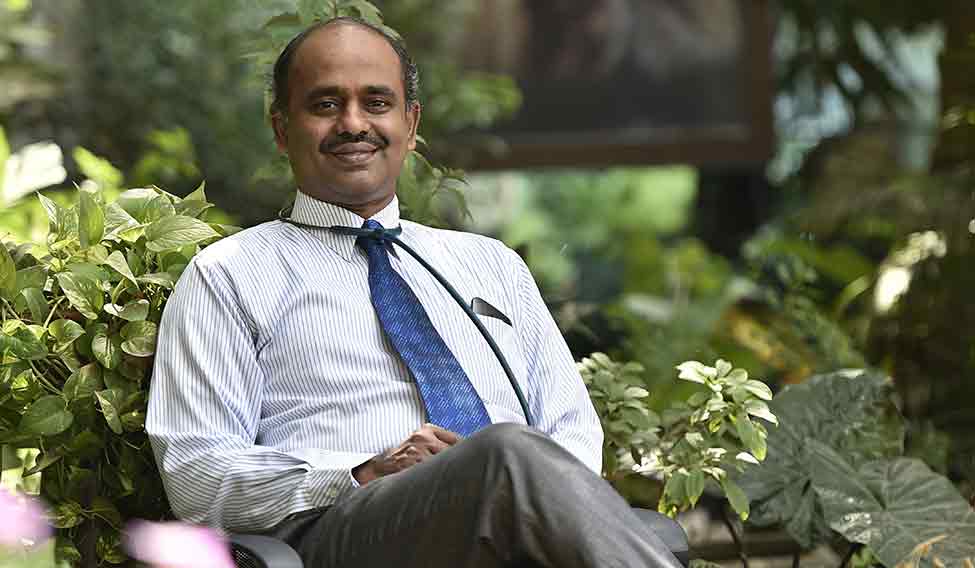Accused of being involved in a Mumbai-based kidney racket in 2007, P. Ravichandran was arrested by the Mumbai Police. Subsequently, his medical licence was cancelled by the medical council of Tamil Nadu. He was let off by the Bombay High Court last year. In between, his licence was revived. He spoke to THE WEEK about the lacuna in the transplant act. Edited excerpts:
About being arrested in the kidney racket case.
It was a fake allegation and the Mumbai Police had a vendetta against me. A Malda resident alleged that I colluded with brokers to dupe him of his kidney. His identity was fake. If the transplant happened in Chennai, why was the Mumbai Police involved?
Moreover, the investigation of such a case is the responsibility of the medical council, not the police. The police come in only if a link between doctor and broker is established.
The allegation was that you promoted kidney transplants between unrelated people, despite the transplant act barring it.
The act itself is a farce, full of flaws and self-contradictory. It says the donor must be fit and related to the recipient. I have seen donors who were relatives, but not fit. But, I was under immense pressure to accept them, because otherwise the patient would have died. In such cases, both donor and recipient could die!
The expert thinking is that an organ harvested from a cadaver is donation. But, if a live donor gives it, it is sacrifice. But, the act does not insure the live donor. A donor must be provided with a corpus of at least Rs 25 lakh. In developed countries, they protect the donor, related or unrelated.
I was never part of any kidney racket and never took money from brokers, who are the real beneficiaries. They thrive because of the ambiguous act.
Do you support unrelated kidney donation?
Yes, definitely, till the ambiguity in the law is cleared. The government does not want to attach the sacrifice angle to it, because it would have to pay huge money.
So, it is OK if a Nepali donates his kidney to an Arab, and the surgery is done in India?
Absolutely. He would be paid for it and can use the money for his entire life. Say, a 30-year-old patient needs a kidney and takes it from his 25-year-old wife. Or, a 15-year-old girl donates to her 25-year-old brother. The average survival period of a donor is 15 to 20 years. And, 30 per cent donors die in five years, because they do not or cannot follow the medical regime. So, the wife dies at 50, and the sister remains unmarried because pregnancy brings in additional risks. In both cases, a 50-year-old donor would be a better option.
It is alleged that the income tax department valued your assets at Rs 100 crore.
Rubbish! I told the court that if I have so much money, seize it and give it to patients.






